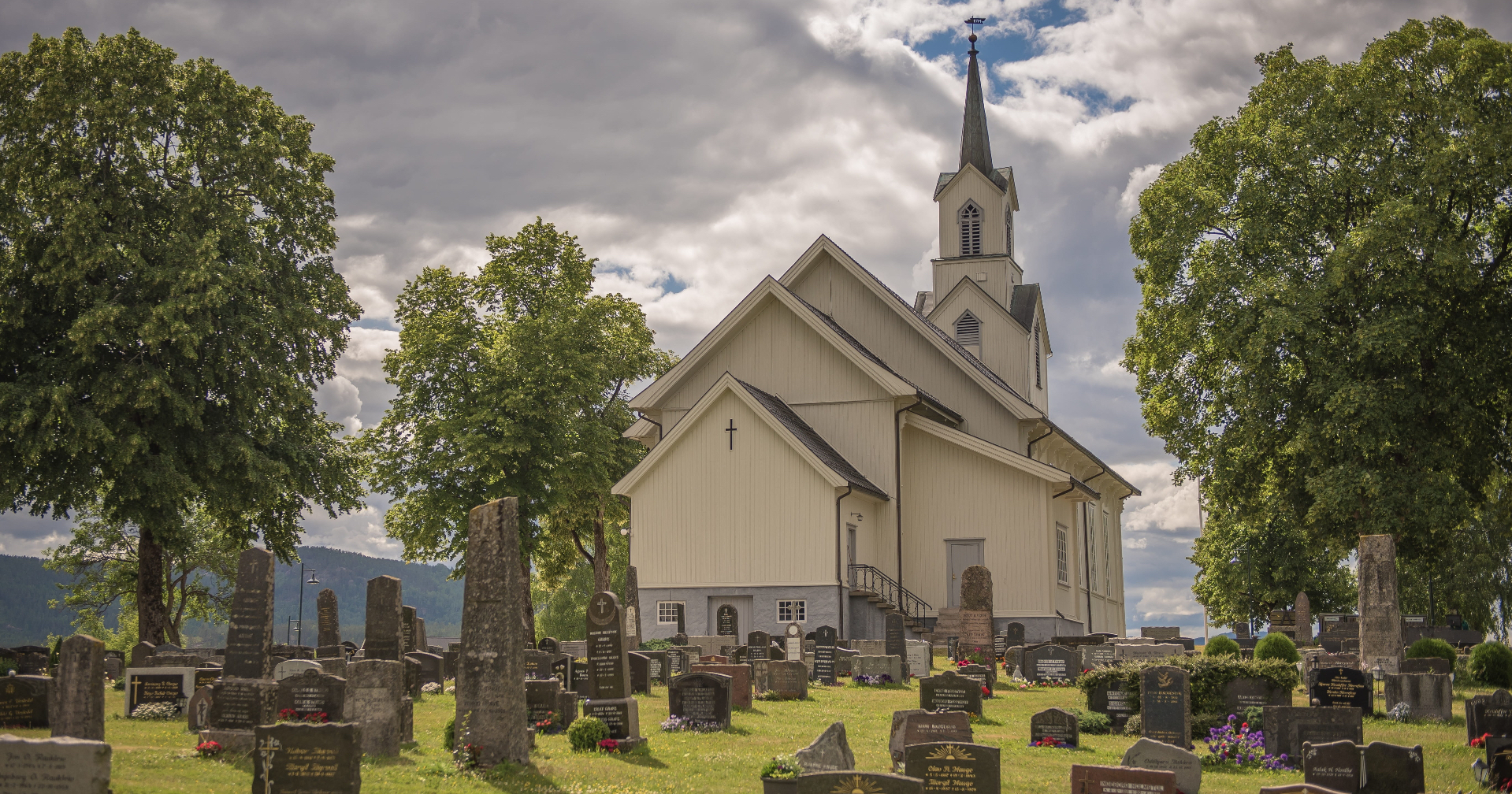One tradition I have particularly missed since the pandemic began, has been my monthly visit to the local Catholic cemetery for Mass.
Beginning New Chapters …
Eight months ago, I spent two weeks in Ireland with my mother to celebrate my graduation from college. The day after returning home from the beautiful rolling hills, sheep towns, coastal waters and old castles of Ireland, I drove to Gethsemane cemetery by my house for a prayer service for all deceased parishioners from my parish.
I invited a dear friend to accompany me. I was nervous as I waited in the parking lot for him to arrive. When he stepped from the car, I ran and embraced him. We talked as we walked around the cemetery grounds before the service. The sun was beginning to set in the sky and we ended up taking a seat on a marble bench beside one of the mausoleums. I stared up at the names and dates inscribed on the wall, and rubbed my arms. A silence descended upon us.
We had been friends for over a year. And in the week leading up to my trip, Nathan, this dear friend of mine, had expressed that he loved me and wanted to grow our friendship into a relationship. I told him that I needed that Ireland trip to decide where it was I felt God was calling me, and when I returned from that trip, I felt sure of the desire that I had felt on my heart.
I told Nathan that I wanted to take the next step from our friendship to a dating relationship and I felt a peaceful joy descend upon me. We walked from the mausoleum wall to the small cemetery chapel hand in hand.
That evening, we followed behind my parish priest in a Rosary procession around the cemetery grounds. Tea lights that were placed on each grave of a deceased parishioner lit up the night sky. It was late September, and the evenings were still warm. I clung to Nathan’s arm, happiness and relief swelling up within me at the new chapter of our lives that was just beginning, which had begun, ironically, at a place where earthly chapters typically end.
And New Traditions
The next month, I learned that the cemetery held a monthly Mass in honor of all the deceased buried there. As a monthly anniversary of the place where we officially confirmed our relationship, Nathan and I attended Mass in the small chapel on the cemetery grounds.
Each month, we would arrive thirty minutes early with flowers, and walk around the grounds, placing flowers on the graves of those without any flowers. I would read the name of the deceased person aloud followed by the statement:
“Eternal rest grant unto you, and let perpetual light shine upon you. May God have mercy on your soul, rest in peace.”
Cemetery Mass attendance became a tradition for us that was cut short in March of this year because of the pandemic. In April, my now fiancé and I drove with flowers to the cemetery, walking the grounds empty of people. There was no Mass, but that didn’t prevent us from laying flowers on the graves as I read reflections from a small book, The Way of the Cross for the Holy Souls in Purgatory by Susan Tassone.
Holy Souls
In the Catholic tradition, November is the month dedicated to Holy Souls in Purgatory. The day after Halloween is All Saints Day on November 1 which celebrates all the saints we believe to be in heaven enjoying the eternal joy and peace of Christ. The day after, on November 2, is the celebration of All Souls Day, a Mass dedicated to those who have died in Christ but may still be awaiting their admittance into heaven.
Unlike other Christian traditions, Catholics uphold the belief in purgatory where souls who have died in God’s grace, but are not fully ready to enter into the eternal joys of heaven, can be “purified’ of their sins and prepare themselves to enter heaven.
The Catechism of the Catholic Church speaks more in depth on the nature of purgatory in section III article 1030:
“All who die in God’s grace and friendship, but still imperfectly purified, are indeed assured of their eternal salvation; but after death they undergo purification, so as to achieve the holiness necessary to enter the joy of heaven.”
Furthermore, in article 1031 we learn:
“The Church gives the name Purgatory to this final purification of the elect, which is entirely different from the punishment of the damned. The Church formulated her doctrine of faith on Purgatory especially at the Councils of Florence and Trent. The tradition of the Church, by reference to certain texts of Scripture, speaks of a cleansing fire:
As for certain lesser faults, we must believe that, before the Final Judgment, there is a purifying fire. He who is truth says that whoever utters blasphemy against the Holy Spirit will be pardoned neither in this age nor in the age to come.”
From this sentence we understand that certain offenses can be forgiven in this age, but certain others in the age to come.
The Catechism in article 1032 provides a scriptural example of praying for the dead in the book of Maccabees:
“Therefore [Judas Maccabeus] made atonement for the dead, that they might be delivered from their sin….” Let us help and commemorate them. If Job’s sons were purified by their father’s sacrifice, why would we doubt that our offerings for the dead bring them some consolation? Let us not hesitate to help those who have died and to offer our prayers for them.
The Church encourages all her members to remember the dead, and to offer prayers and the sacrifice of the Eucharist on their behalf. Saints throughout history have spoken of the importance of praying for the deceased, especially for the souls of our loved ones and for those who do not have anyone to pray for them in death. Always, we can remember and grieve the loss of loved ones, but also not neglect to pray for their eternal soul, believing that this life is only a glimpse of the one to come.
You can always visit a cemetery. The souls in purgatory always appreciate our prayers.
“Our hearts were made for You, O Lord, and they are restless until they rest in You.”
St. Augustine of Hippo
You May Also Like:
The Fires of Purgatory [Dr. Edward Sri Podcast]
How Catholic Funerals Secure the Graces We Need at Death
What You Should Know About Purgatory [Fr. Mike Schmitz Video]
Power and Grace: A Guide to the Catholic Sacraments [Study Program]

Allison DeBoer is a Washington native and longtime parishioner at St. Vincent De Paul Parish in Federal Way. She worked in her college writing center for four years and graduated from Seattle Pacific University in 2019, where she received a bachelor’s degree in English creative writing. She works as the benefits assistant for the Catholic Archdiocese of Seattle. Her work has been published in Our Sunday Visitor and Radiant Magazine. She is an avid reader, devoted to her faith, family, and friends. In her free time, Allison loves caring for animals, training dogs, watching old-fashioned films, and dancing. Her favorite Catholic voices are Flannery O’Connor and St. Teresa of Avila.






0 Comments